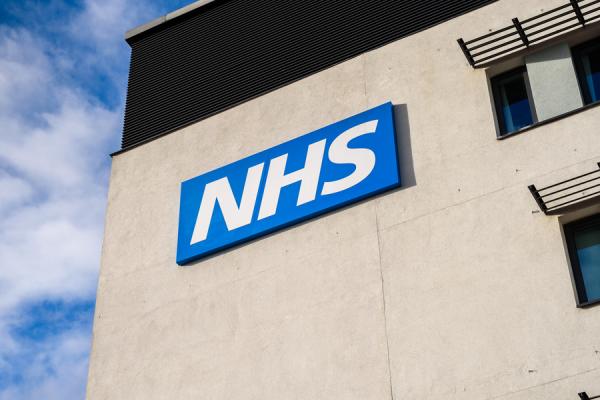Collective action
Thank you to every practice now taking part in our collective action to protect our patients and practices. These actions have already, and will continue to, make a difference: they are safe, sustainable, and do not breach your contract. Most importantly, these actions are turning up the pressure on the Government to do the right thing for patients and general practice. We are the bedrock of the NHS, but our services have been driven to near collapse.
We need you to take action to protect our patients and protect our practices.
Focus on: patient appointments
GPC England are producing more guidance around individual collective actions to support practices in undertaking specific actions. This week they are focusing on patient appointments.
Watch our collective action video on patient appointments
This two-minute video shows GPC England colleagues’ views on this specific collective action. They are asking you to consider extending patient appointments to give patients more time to address their health concerns and create a sustainable working day for GPs and stop supporting the system at the expense of your patients, practice and staff.




